Cavalier King Charles Spaniel vs Siberian Husky: Choosing the Right Companion for You
Discover the unique qualities and differences between the Cavalier King Charles Spaniel and Siberian Husky breeds.
Welcome to our detailed comparison of the Cavalier King Charles Spaniel and Siberian Husky. Whether you're considering which breed to welcome into your home or simply curious about their differences, this guide offers an in-depth look at their characteristics, temperaments, and care needs.
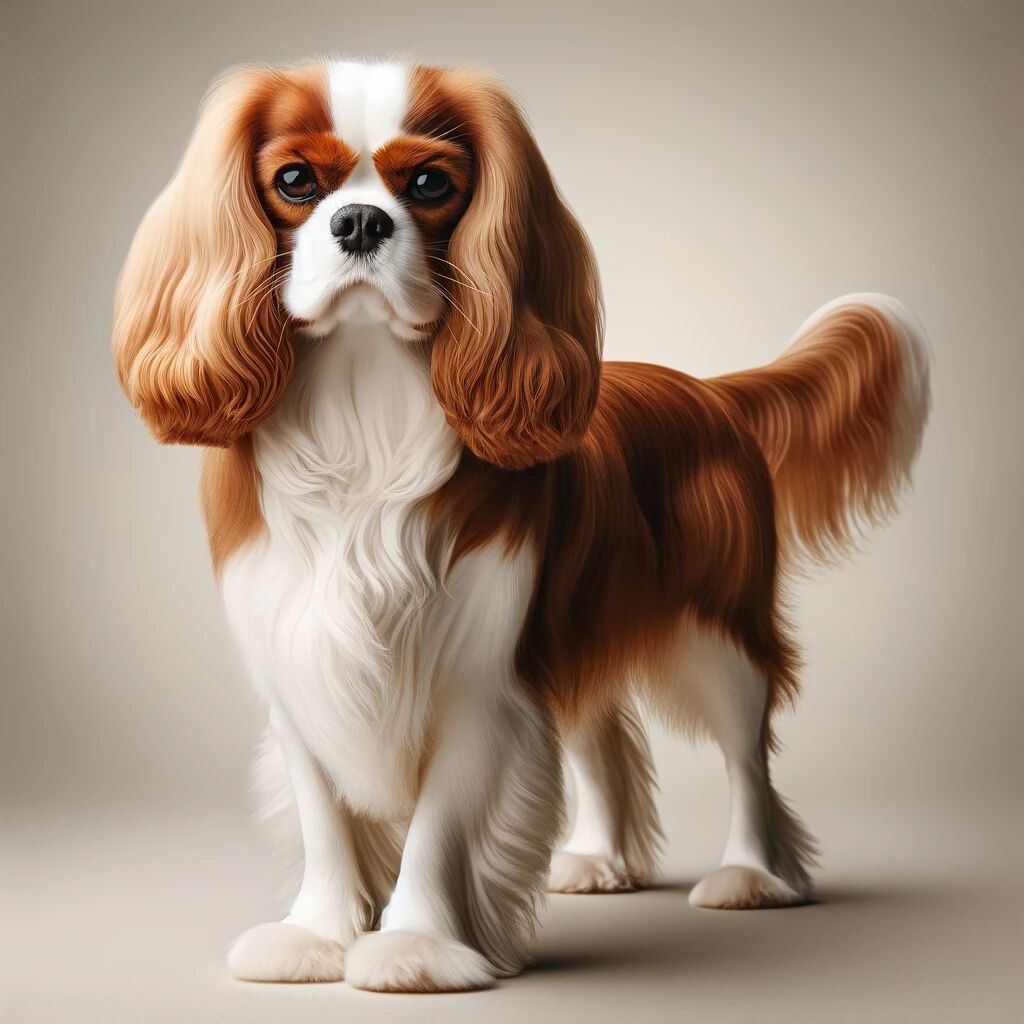
Cavalier King Charles Spaniel
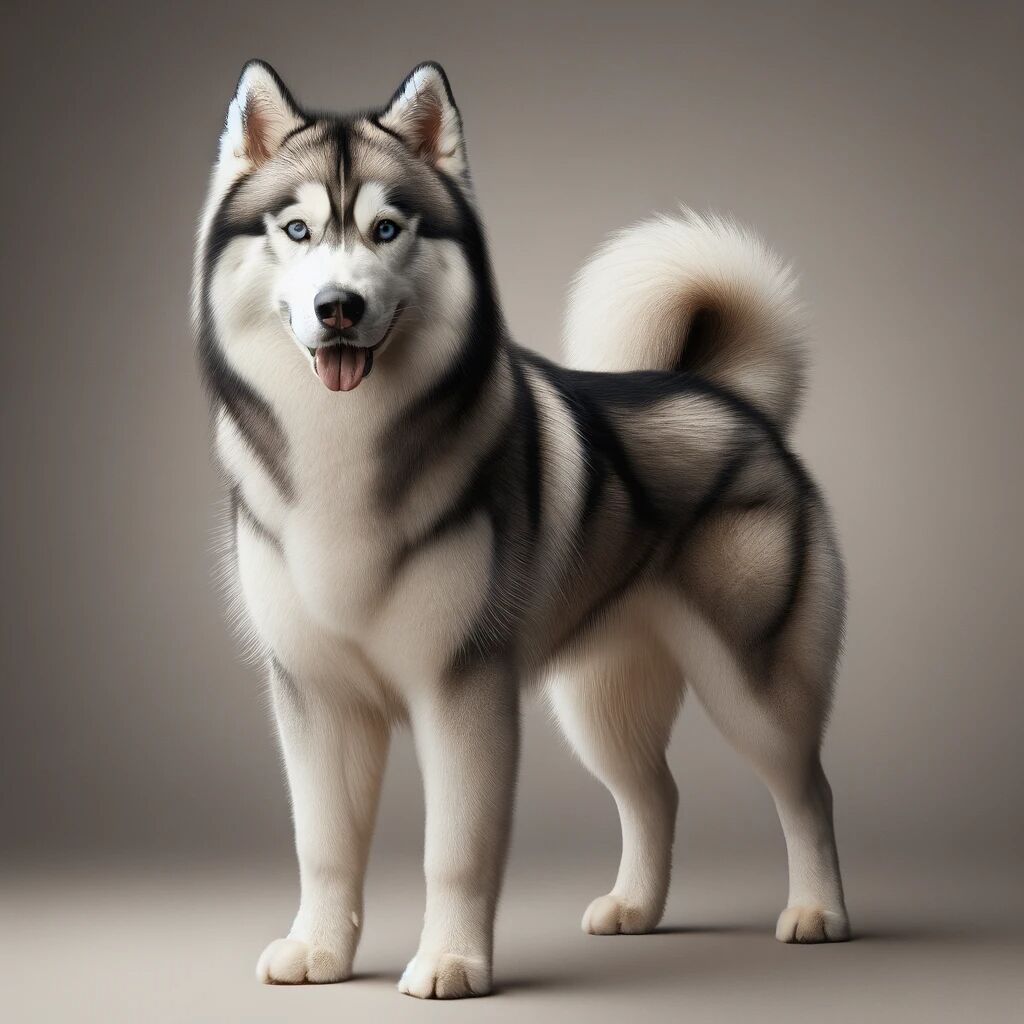
Siberian Husky
Comparing Cavalier King Charles Spaniel and Siberian Husky: A Detailed Overview
When considering the Cavalier King Charles Spaniel and the Siberian Husky, we find unique and intriguing differences and similarities. Both breeds have their distinctive charm and characteristics, making them beloved by many.
The Cavalier King Charles Spaniel stands out with its high energy level, contrasting the Siberian Husky's extremely high energy level.
The Cavalier King Charles Spaniel has a moderate shedding level, differing from the Siberian Husky which shows a very high shedding level.
Grooming the Cavalier King Charles Spaniel is high, which is not the case with the Siberian Husky, needing demanding grooming.
The Cavalier King Charles Spaniel is above average to train, which contrasts with the Siberian Husky's average training experience.
Neither the Cavalier King Charles Spaniel nor the Siberian Husky are recommended for families with children, requiring more careful consideration for households with young members.
Both breeds are not hypoallergenic, which is an important factor for owners with allergies.
The Cavalier King Charles Spaniel is categorized as a Small breed, which contrasts with the Siberian Husky, a Medium to Large breed, highlighting their physical differences.
Both breeds share a similar lifespan, with the Cavalier King Charles Spaniel and Siberian Husky typically living around 12-15 years years.
Concluding, the Cavalier King Charles Spaniel and Siberian Husky each offer unique qualities and advantages. Your final choice should reflect your personal lifestyle, home environment, and the qualities you value most in a canine companion.
Comparative Overview
| Feature |
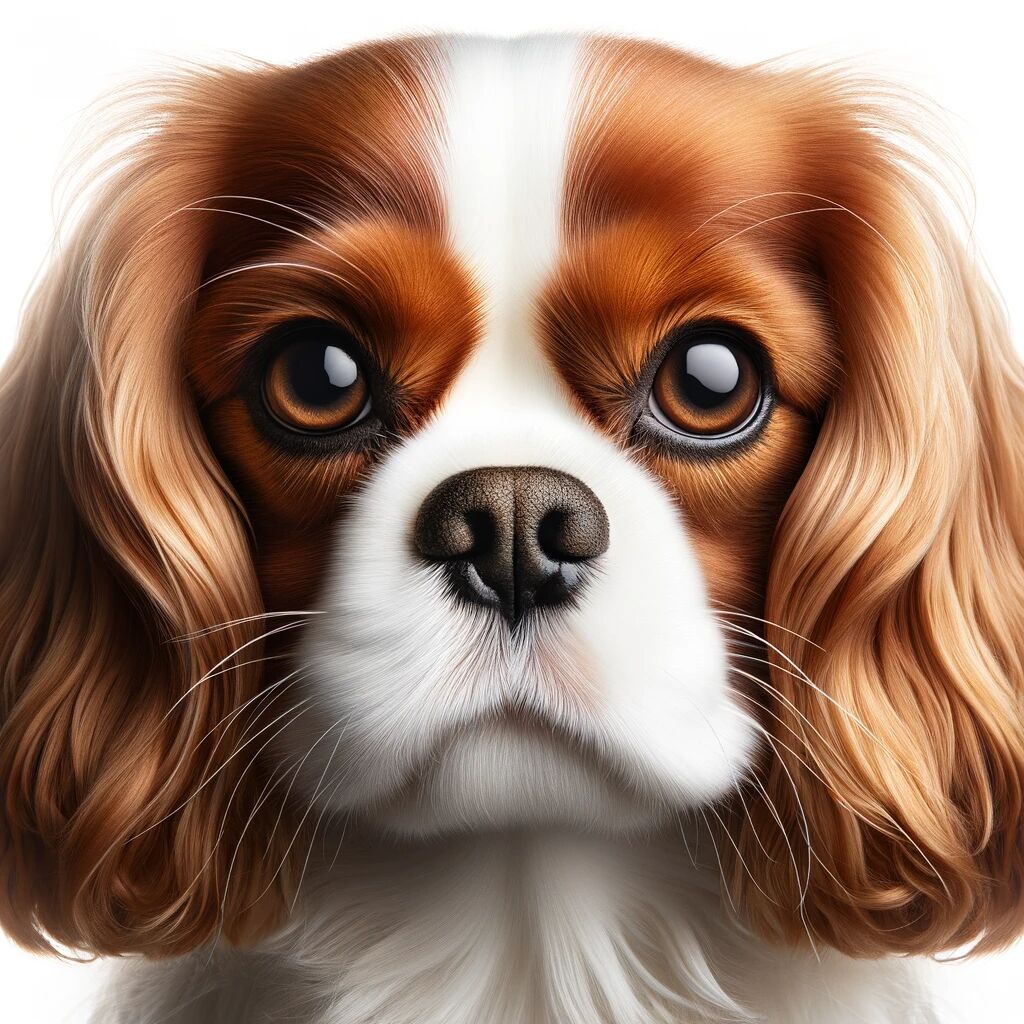 Cavalier King Charles Spaniel
Cavalier King Charles Spaniel
|
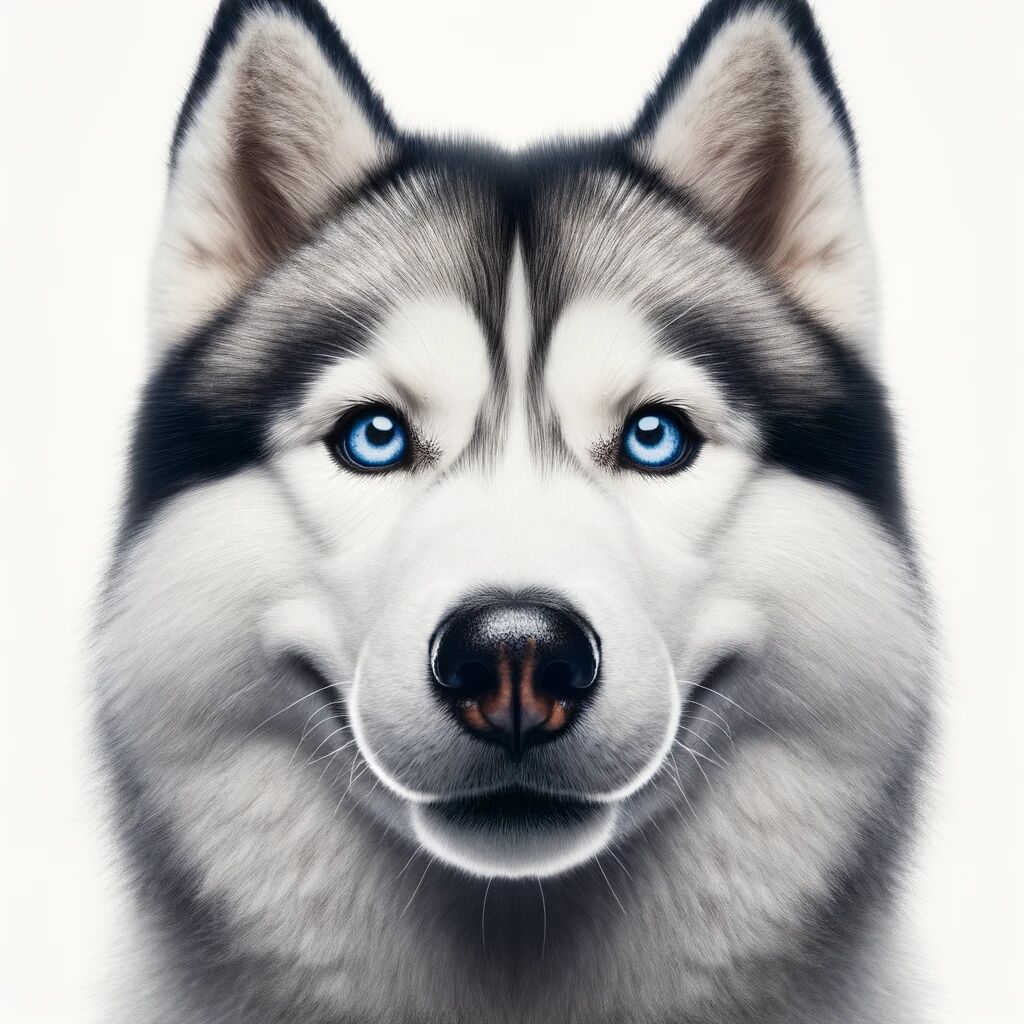 Siberian Husky
Siberian Husky
|
|---|---|---|
| Size | Small | Medium to Large |
| Lifespan | 12-15 years | 12-15 years |
| Temperament | Affectionate, Gentle, Sociable | Outgoing, Friendly, Alert |
| Energy Level | high | extremely high |
| Shedding Level | moderate | very high |
| Grooming Needs | high | demanding |
| Trainability | above average | average |
| Good with Children | okay | okay |
| Hair Length | Long | Medium |
| Hair Type | Silky | Double Coat |
| Hypoallergenic | not hypoallergenic | not hypoallergenic |
| Food Requirements | These spaniels benefit from a high-quality diet suitable for their small size. Regular meals and limited treats help maintain a healthy weight. | Huskies need a balanced diet with controlled portions to prevent obesity. Their diet should be rich in protein and fat, especially in colder climates. |
Conclusion
Both the Cavalier King Charles Spaniel and Siberian Husky have unique qualities that make them beloved by many. Choosing the right breed depends on your lifestyle, space, and the time you can dedicate to grooming, training, and exercise. Consider all aspects to find the perfect furry companion for your home.
Test your knowledge
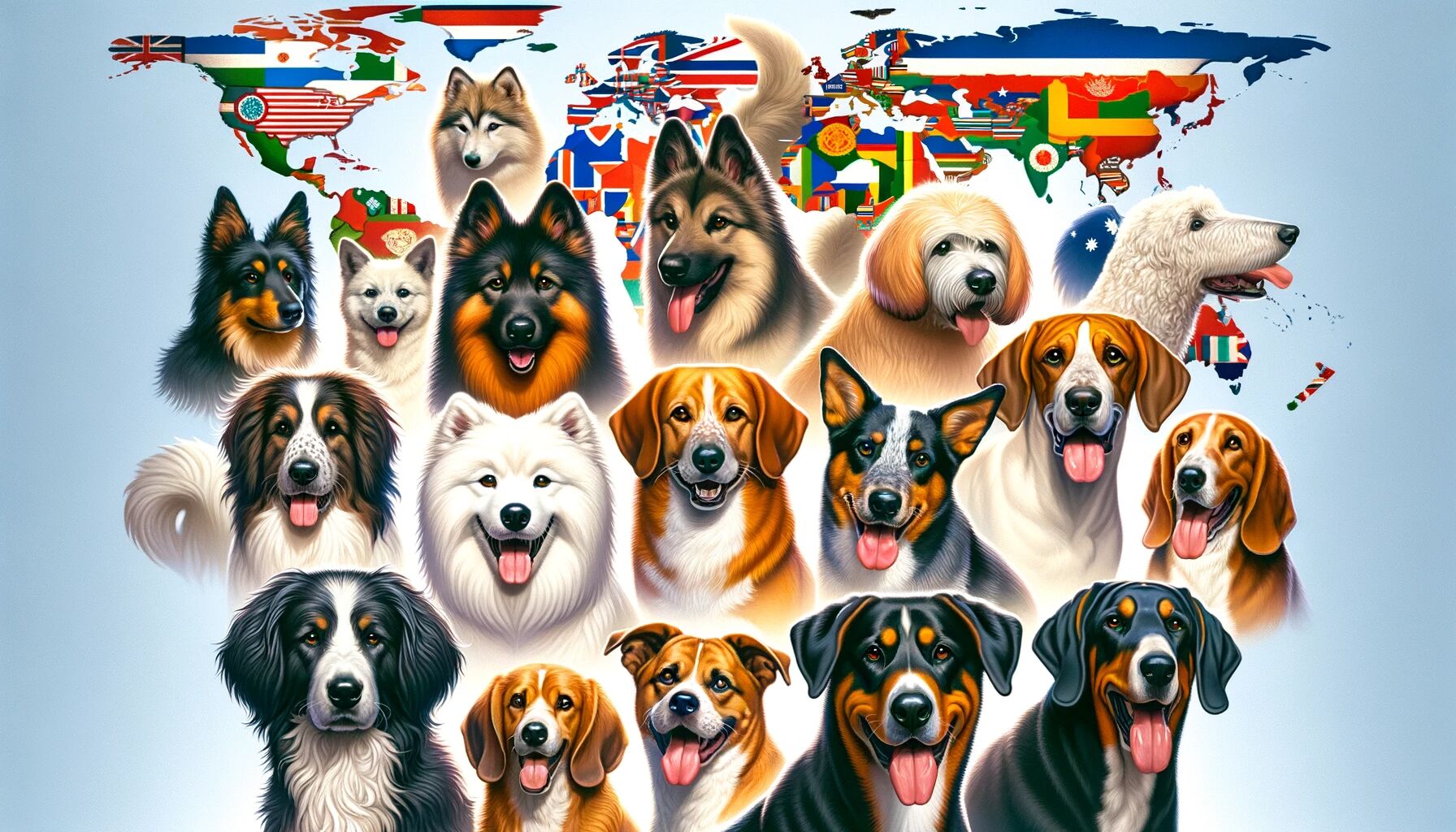 Breeds of the World
Breeds of the World